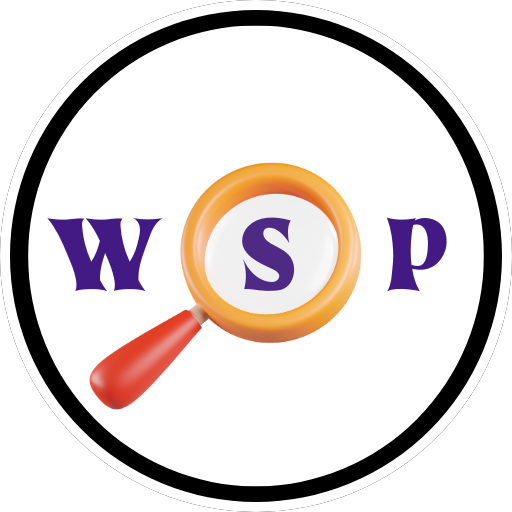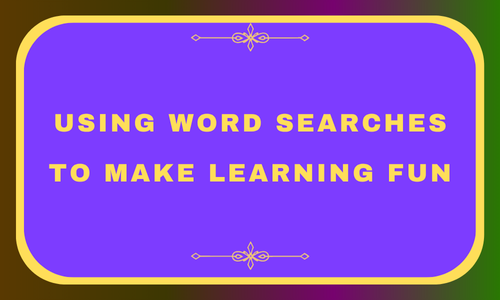Word searches are not just a fun pastime — they can also be a powerful educational tool. In classrooms around the world, teachers are discovering that these simple puzzles help students learn new vocabulary, reinforce lessons, and develop important cognitive skills, all while keeping learning enjoyable and interactive
Turning Lessons into Games
Teachers are always searching for new ways to make learning fun and more engaging. Word searches are a simple yet effective way to bring excitement into the classroom. Instead of passive memorization, students actively search for words, reinforcing what they’ve learned in a fun and competitive way.
Building Vocabulary Naturally
Using word searches to make learning fun help students discover and remember new terms without pressure. When a student finds a hidden word, it creates a small reward moment, strengthening memory retention. Over time, they absorb spelling patterns and vocabulary more effectively than through repetition alone.
Cross-Subject Learning
A word search can go far beyond English class. History teachers can use puzzles featuring historical figures or events, while science teachers might focus on plant names or chemical elements. This cross-subject flexibility makes word searches a valuable educational tool across grade levels.
Encouraging Collaboration
Group word search challenges promote teamwork and communication. When students work together to find all the hidden words, they practice problem-solving and cooperation — essential skills that extend well beyond the classroom.
A Tool for All Learning Styles
Not every student learns in the same way. Word searches appeal especially to visual learners, who process information more effectively when they can see and manipulate it. Kinesthetic learners benefit too — physically circling words adds a tactile layer to the experience.
Reinforcing Reading and Spelling Skills
When students repeatedly scan for letters, they unconsciously strengthen reading fluency. They start to recognize word patterns and improve spelling accuracy, making word searches an excellent supplement to literacy programs.
Adaptable for Different Ages
Teachers can easily modify puzzles for different learning levels. Younger students might focus on short, simple words, while older learners can explore more complex terms or subject-specific vocabulary. This flexibility makes word searches suitable for every classroom.
Assessment Made Fun
Instead of giving a traditional quiz, teachers can design a custom word search that tests topic understanding. For instance, a geography teacher might include capital cities, turning review time into an enjoyable challenge.
Encouraging Focus and Calm
During busy school days, a word search can provide a quiet, focused activity. Students become immersed in the task, which helps them relax and refocus — especially useful after high-energy lessons or before exams.
Bringing Joy to Learning
At its core, a word search transforms learning into play. It bridges the gap between education and enjoyment, reminding students that learning doesn’t have to be stressful — it can be genuinely fun and rewarding.
Create your own custom puzzles today with our Free Printable Word Search Generator and make every lesson engaging and memorable!

